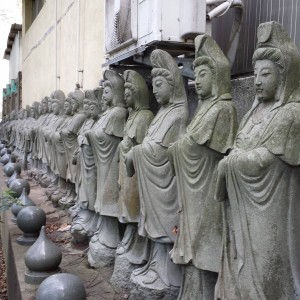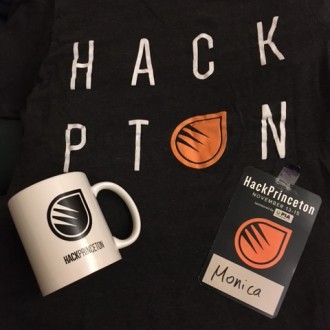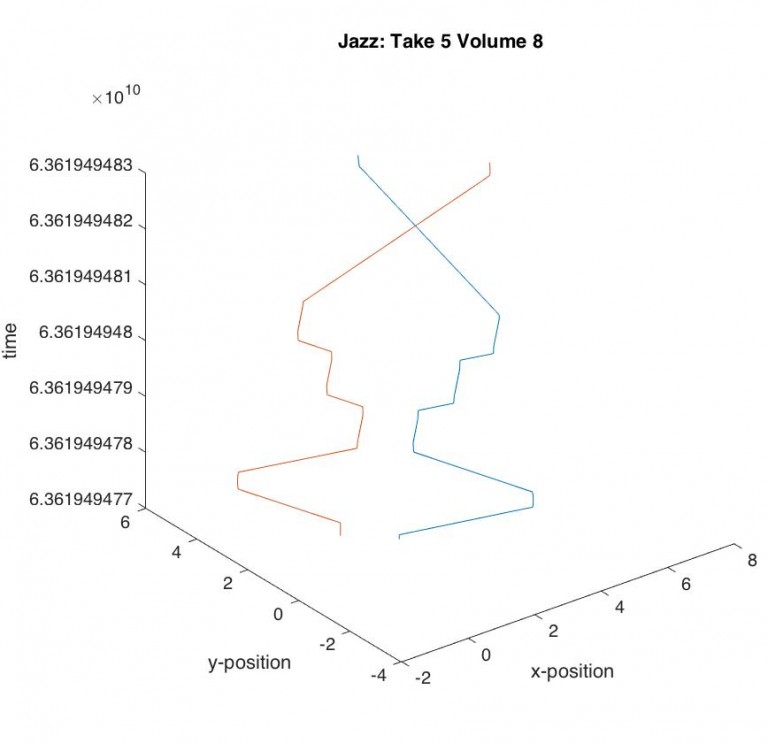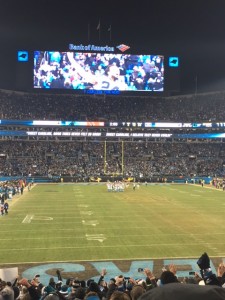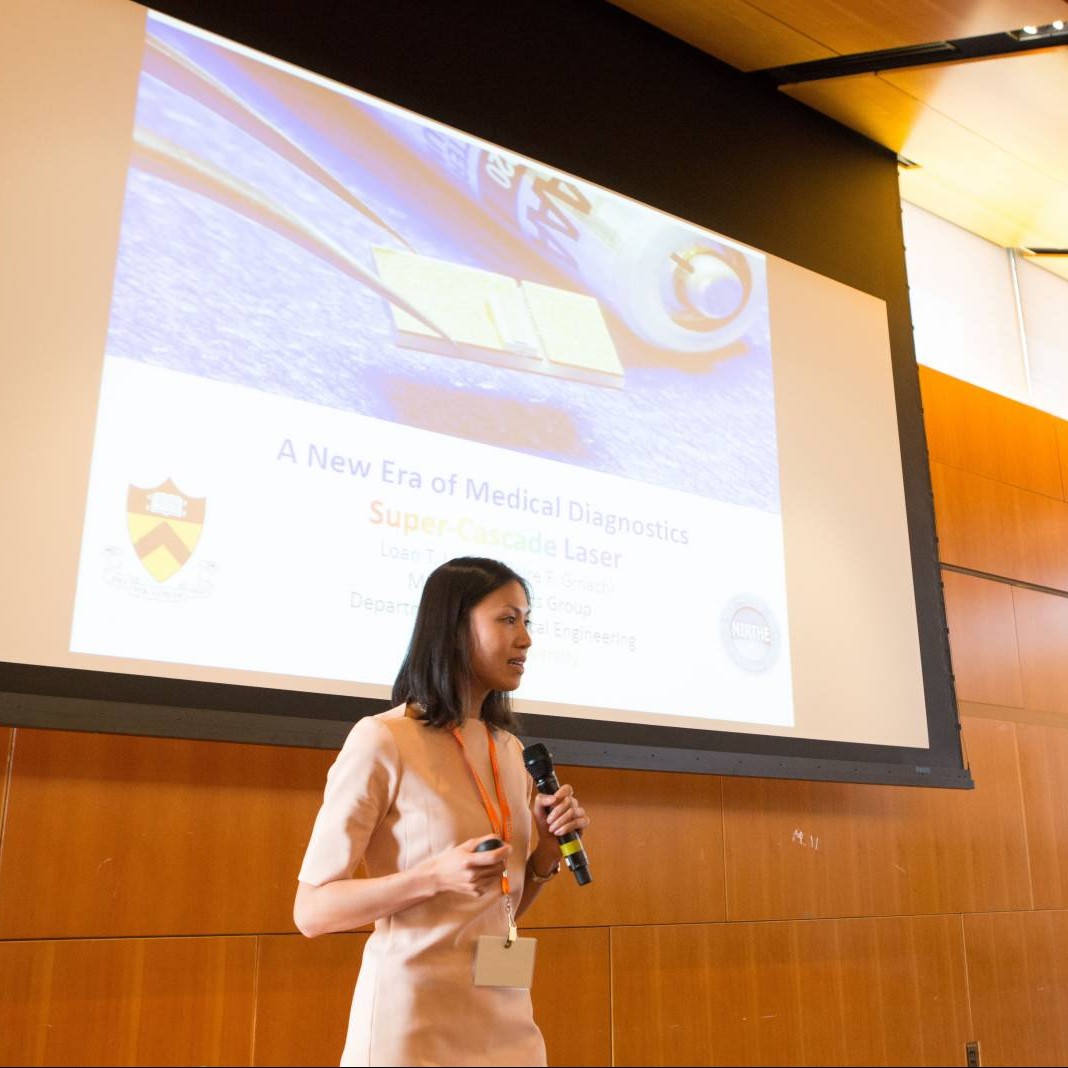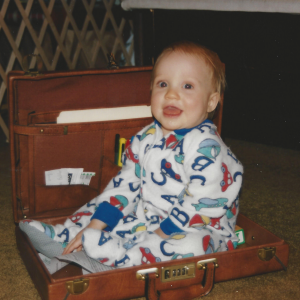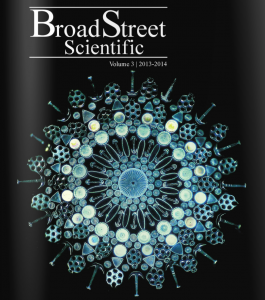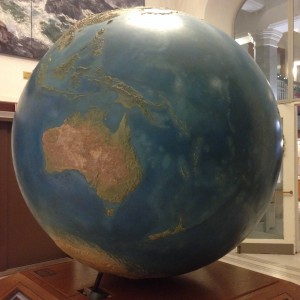Often, the second half of the semester calls for students to present their research findings in class, or in front of professors/advisers evaluating independent work. Presentations are a different kind of assignment than, say, fifteen-page research papers — and they require a different set of skills. At this time last year, I found myself facing a new and unexpected presentation project: My fall writing seminar professor had asked me to revisit my final research paper and present it at the Quin Morton ‘36 Conference.
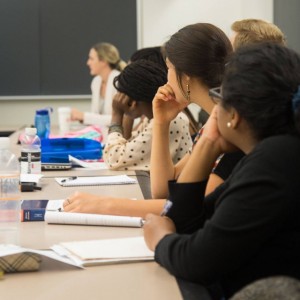
Now called the Mary W. George Freshmen Research Conference, this event is an opportunity for freshmen to share their writing seminar research with a wider audience through ten-minute presentations. I encountered many challenges while breaking down my paper—a feminist perspective on evaluations of sexuality in films— into slides and bullet points. However, I also learned a lot about presentations through the process. While this year’s participants are gearing up for the conference in early April, students presenting at Princeton Research Day are in the midst of similar preparation. In light of these upcoming events, and since many students will have to present their research as spring semester comes to a close, I have decided to offer some advice on research presentations. Below I throw in my two (three) cents on the topic.


